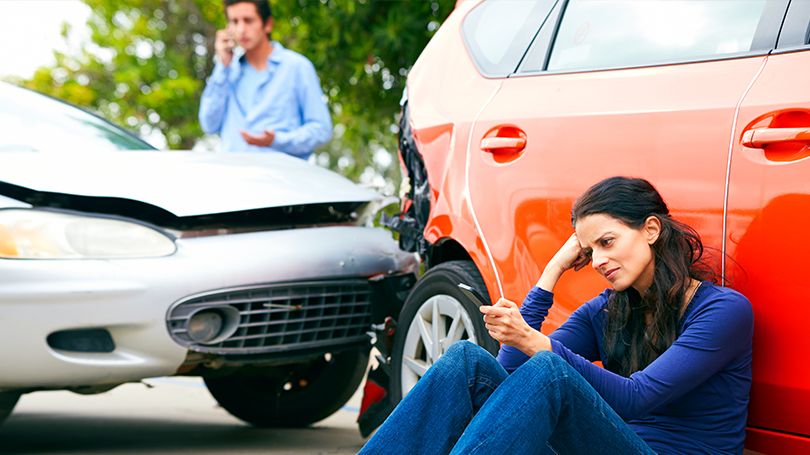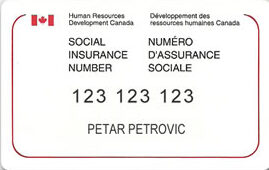What to Do If You Get in a Car Accident in Canada: A Step-by-Step Guide
Getting into a car accident can be a stressful and overwhelming experience. Knowing the proper steps to take can help you stay calm and handle the situation efficiently. Here’s a comprehensive guide on what to do if you get into a car accident in Canada.

1. Ensure Safety First
Check for Injuries:
- Immediately check yourself and passengers for any injuries.
- If anyone is injured, call 911 right away to request medical assistance.
Move to Safety:
- If it’s safe and your car is drivable, move your vehicle to the side of the road to prevent further accidents.
- Turn on your hazard lights to alert other drivers.
2. Call the Police
When to Call:
- If there are injuries, significant property damage, or if you suspect any criminal activity (e.g., impaired driving), call the police immediately.
- In some provinces, such as Ontario, you’re required to report an accident to the police if the damage exceeds $2,000.
Police Report:
- When the police arrive, provide them with an accurate account of the accident.
- Get the names and badge numbers of the responding officers and ask how to obtain a copy of the police report.
3. Exchange Information
Gather Details:
- Exchange names, addresses, phone numbers, and driver’s license numbers with all involved drivers.
- Record the make, model, and license plate numbers of all vehicles involved.
- Obtain the insurance details from the other drivers, including the policy number and the name of the insurance company.
Witnesses:
- If there are any witnesses, get their contact information as they may be helpful later for insurance claims or legal proceedings.
4. Document the Scene
Take Photos:
- Use your smartphone or camera to take pictures of the accident scene, including all vehicles involved, any visible damage, and the surrounding area.
- Photograph any relevant road signs, traffic signals, and skid marks.
Notes:
- Write down the details of the accident while they are fresh in your mind. Include the time, date, location, weather conditions, and any other pertinent information.
5. Report the Accident to Your Insurance Company
Contact Your Insurer:
- Inform your insurance company about the accident as soon as possible.
- Provide them with all the gathered information and any documentation you have.
Claims Process:
- Your insurance company will guide you through the claims process, which may include vehicle repairs and medical expenses.
6. Visit a Doctor
Medical Check-Up:
- Even if you feel fine, it’s a good idea to visit a doctor after an accident. Some injuries may not be immediately apparent.
Documentation:
- Keep records of all medical visits and treatments related to the accident.
7. Know Your Rights and Responsibilities
Legal Advice:
- If you’re unsure about any aspect of the accident or the claims process, consider seeking legal advice.
Accident Benefits:
- Depending on your insurance policy, you may be entitled to accident benefits, which can cover medical expenses, rehabilitation, and loss of income.
Special Tips from My Personal Experience
If your car is not in driving condition after the accident, consider these tips:
- Confirm a towing truck personally before the police call for one.
- It can be much more costly if the police call for a towing truck from their list.
- Ensure your towing truck arrives before the police call their enlisted towing company to avoid additional costs.
To get statistics of car accidents in Canada, please visit here.
Conclusion
Being prepared and knowing what to do after a car accident can make a significant difference in managing the aftermath. Ensure safety first, contact the necessary authorities, exchange and document information, report the accident to your insurance, and seek medical attention. Understanding your rights and responsibilities will help you navigate the process more smoothly and ensure that you receive the support and compensation you need.
Stay safe on the roads, and drive responsibly!



